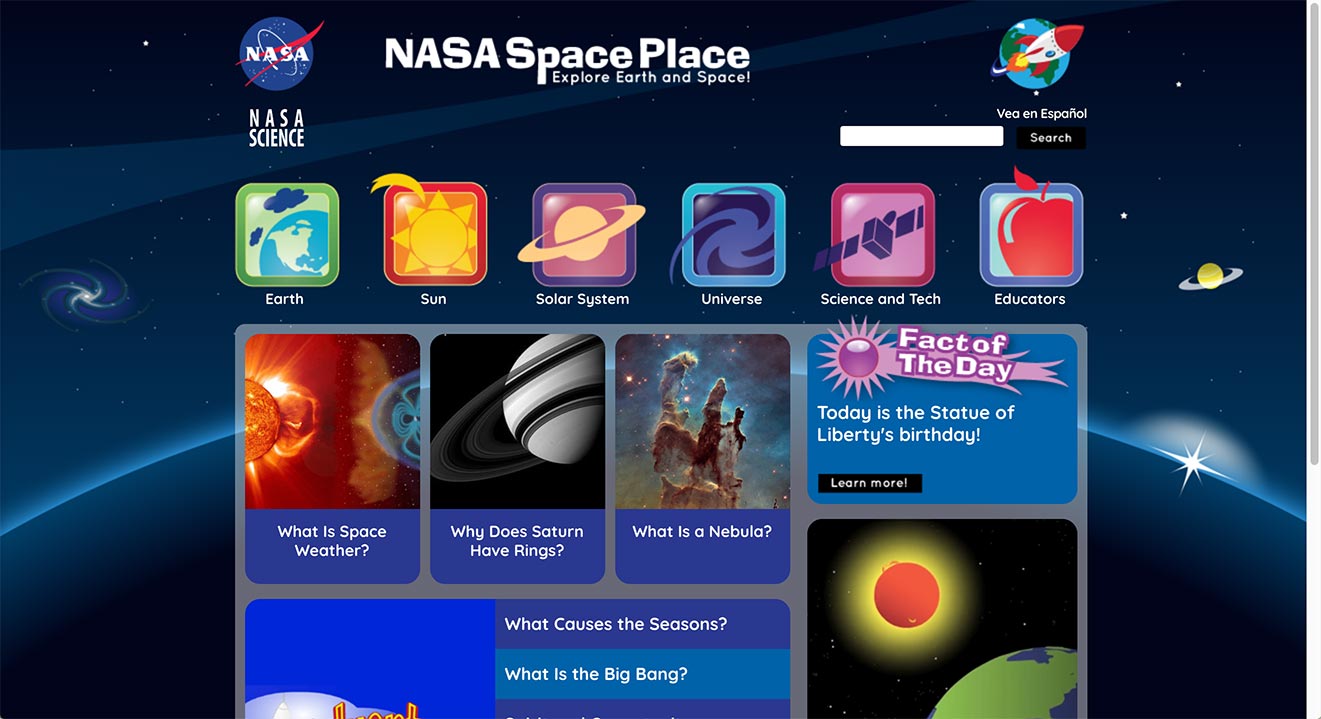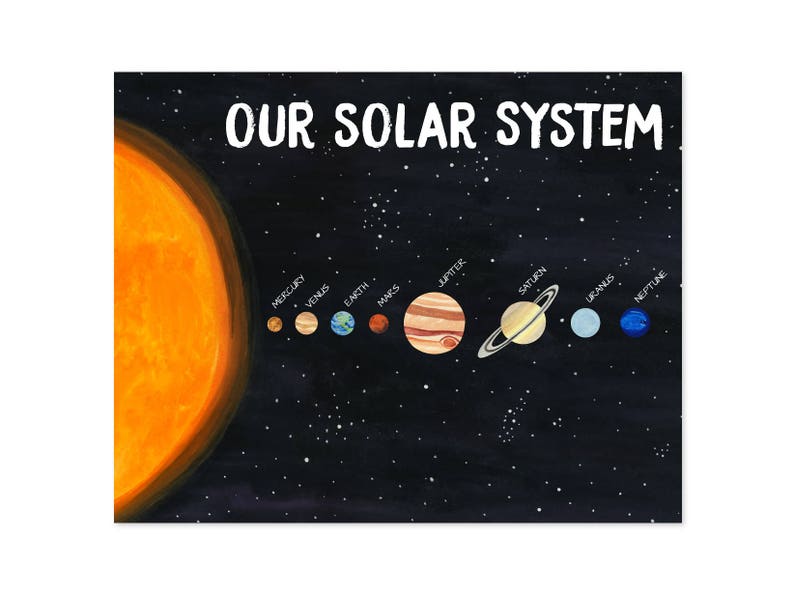
NASA e-books (opens in new tab) allow you to dive in-depth into a lot of space and aerospace topics, all for free.
" Welcome to the Rocket Ranch (opens in new tab)," a podcast profiling activities at NASA's Kennedy Space Center in Florida.  " The Invisible Network (opens in new tab)," which profiles behind-the-scenes people who help spacecraft explore the universe. " NASA Explorers: Apollo (opens in new tab)," which talks about moon exploration. " Houston, We Have A Podcast (opens in new tab)," which examines human spaceflight. Some of the listed podcasts on the front page include: NASA podcasts let you catch up on the latest news, even if your hands are full doing chores or other activities around the house. "During the program, students will learn how to explore space by following in the footsteps of famous astronomers to make their own personal discoveries using Slooh's Quest curriculum." "Slooh's live lesson will be educational, inspiring and soothing," Slooh officials said in a statement. The webcast, which is geared toward K-12 students, will begin at 4:30 p.m. Slooh will livestream an astronomy lesson (opens in new tab) and live telescope views from around the world on Thursday, March 19. For sky maps and information about skywatching events, check out NASA's guide, " What's Up: Skywatching Tips from NASA (opens in new tab)." Venus will be out in the evenings, while Jupiter, Saturn and Mars are visible at dawn. While many cities are asking residents to remain indoors, if you are able to step outside (while practicing safe social distancing (opens in new tab)), you can see plenty of planets and constellations.
" The Invisible Network (opens in new tab)," which profiles behind-the-scenes people who help spacecraft explore the universe. " NASA Explorers: Apollo (opens in new tab)," which talks about moon exploration. " Houston, We Have A Podcast (opens in new tab)," which examines human spaceflight. Some of the listed podcasts on the front page include: NASA podcasts let you catch up on the latest news, even if your hands are full doing chores or other activities around the house. "During the program, students will learn how to explore space by following in the footsteps of famous astronomers to make their own personal discoveries using Slooh's Quest curriculum." "Slooh's live lesson will be educational, inspiring and soothing," Slooh officials said in a statement. The webcast, which is geared toward K-12 students, will begin at 4:30 p.m. Slooh will livestream an astronomy lesson (opens in new tab) and live telescope views from around the world on Thursday, March 19. For sky maps and information about skywatching events, check out NASA's guide, " What's Up: Skywatching Tips from NASA (opens in new tab)." Venus will be out in the evenings, while Jupiter, Saturn and Mars are visible at dawn. While many cities are asking residents to remain indoors, if you are able to step outside (while practicing safe social distancing (opens in new tab)), you can see plenty of planets and constellations. 
There are currently three crew members on board the station doing science activities for Expedition 62, including NASA's Jessica Meir and Andrew Morgan, and Russian cosmonaut Oleg Skripochka.

The ISS will appear like a bright star or planet slowly passing across the sky. Sign up for email or text alerts to know when to stick your nose out the door. Spot the Station (opens in new tab) is a tracking tool that allows you to look up your location from anywhere on Earth, and find out when, where and how you can see the International Space Station (ISS) pass overhead. The International Space Station streaks across the New Jersey sky.







 0 kommentar(er)
0 kommentar(er)
